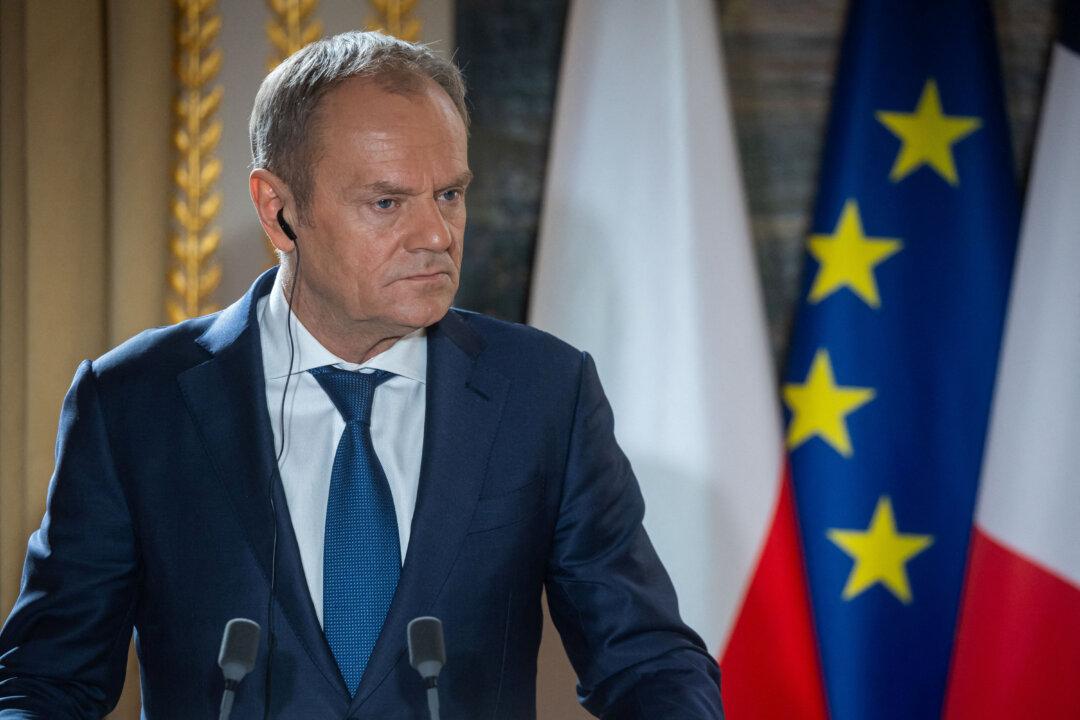Poland, seeking to meet the needs of protesting farmers, plans to ask the European Union to put sanctions on Russian and Belarusian agricultural products, Prime Minister Donald Tusk said on March 4 during a visit to Vilnius, the Lithuanian capital.
Like much of Europe, Poland has been gripped by protests in recent weeks as farmers demonstrate against the EU’s regulations to tackle climate change and unfair competition from Ukraine after the EU waived duties on Ukrainian food imports to help the country after Russia’s invasion.





